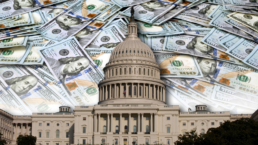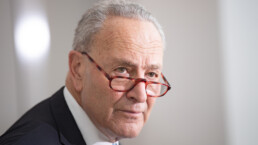Julian Assange is walking free, but the effects from his prosecution will last a long time.
By Ari Paul, FAIR
In some ways, the nightmare for WikiLeaks founder Julian Assange is coming to an end. After taking refuge at the Ecuadorian embassy in London in 2012, he was arrested in 2019 by Britain, who have since been trying to extradite him to the United States on charges that by publishing official secrets he violated the Espionage Act (FAIR.org, 12/13/20; BBC, 6/25/24). Once he enters a guilty plea, he will be sentenced to time served and walk away a free man (CBS, 6/25/24).
Assange’s case has attracted the attention of critics of US foreign policy, and those who value free speech and a free press. His family has rightly contended that his treatment in prison was atrocious (France24, 11/1/19; Independent, 2/20/24). A group of doctors said he was a victim of “torture” tactics (Lancet, 6/25/20). In 2017, Yahoo! News (9/26/21) reported that the “CIA plotted to kidnap the WikiLeaks founder, spurring heated debate among Trump administration officials over the legality and practicality of such an operation” and that CIA and Trump administration insiders “even discussed killing Assange, going so far as to request ‘sketches’ or ‘options’ for how to assassinate him.”

His supporters noted that the charges against him came after he harmed the US imperial project, particularly by leaking a video showing US troops killing Reuters journalists in Iraq (New York Times, 4/5/10). Under his watch, WikiLeaks also leaked a trove of diplomatic cables that the New York Times (11/28/10) described as an “unprecedented look at back-room bargaining by embassies around the world, brutally candid views of foreign leaders, and frank assessments of nuclear and terrorist threats.”
Press freedom and human rights groups like the International Federation of Journalists and Amnesty International had long called for his release. Several major news outlets from the US and Europe—the New York Times, Guardian, Le Monde, Der Spiegel and El País—signed a letter calling for his release (New York Times, 11/28/22). They said his “indictment sets a dangerous precedent and threatens to undermine America’s First Amendment and the freedom of the press.”
Recent Posts
“Gunboat Diplomacy”: U.S. War In Latin America Feared As Hegseth Launches “Operation Southern Spear”
November 14, 2025
Take Action Now “…it’s time for those of us here to stand up and say that where we will not support any attempt to bring back the old…
Did A Federal Judge Sink Super PACs?
November 13, 2025
Take Action Now The judge blocked a ban on Super PACs in Maine — but legal activists discovered a kill switch inside the ruling.By David Sirota…
The Corporate Centrists Cannot Hold: ‘Big Tent’ Democrats Cave Once More
November 13, 2025
Take Action Now The perils of unprincipled, performative so-called “resistance.”By Christopher D. Cook, Common Dreams Wow, seriously? The…
One Weird Trick To Get Rid Of Chuck Schumer
November 12, 2025
Take Action Now Any single Senate Democrat can force a vote on Schumer’s job as minority leader.By Whitney Curry Wimbish, The American Prospect…




